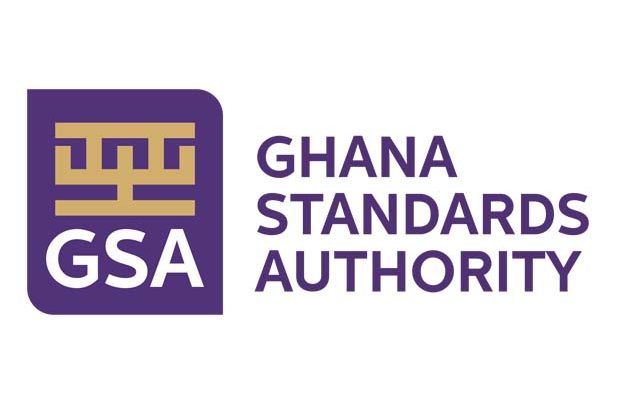THE GHANA Standards Authority (GSA) is seeking a new law to make it an effective standards institution.
This is because it cannot continue to rely on the archaic Standards Decree, NRCD 173, 1973, which does not give the authority any powers to punish or sanction businesses that manufacture or import sub-standard goods into the country.
The authority currently does not even have the legal power to impose fines and destroy sub-standard goods that have flooded the Ghanaian local market and posing a danger to consumers
The GSA, currently not fortified with the requisite empowering law, has a challenge as different products of questionable origin and standards continue to flood the markers and pose a threat to consumers, as well as create obstacles for the growth of the industry by eroding consumer confidence.
For this reason, it is pushing for the passage of the Ghana Standards Authority Bill, currently before Parliament and announced this week as one of the bills to be considered when the Business Statement was read by Deputy Majority Leader, Alexander Afenyo-Markin.
“The Standards Authority Bill is important because all manner of things are trooping into the jurisdiction. All manner of things are trooping in and the scales of industry do not appear to be well balanced. We need a law for such enforcement. So Mr. Speaker that is very important,” Afenyo-Markin noted on the Floor.
Over the years the GSA, despite its legal handicap, has bent over backwards to ensure the quality of safety of goods for local use and export and at a time even partnered with the Ghana Union Traders Association (GUTA) on a market surveillance exercise to rid the Ghanaian market of substandard products.
The GSA Bill
The GSA currently relies on the Standards Decree, NRCD 173, 1973 and the Weights and Measures Decree 326 (1975), which only empowers the Authority as the custodian of weights and measures in Ghana.
The archaic decrees cannot enhance the effective operation of the GSA to among other mandates ensure contribute toward the growth of industry, protect consumers and facilitate trade through standards, metrology and conformity assessment.
The proposed Standards Bill seeks to amend the exciting weak decrees and to expand the authority’s scope of operations to confront the challenges in relation to standards, conformity assessment and metrology-related programmes due to modernisation and technological development.
The bill was referred to the Parliamentary select Committee on Trade, Industry and Tourism, which also referred it back to the Speaker at the Plenary for second and third reading, subject to passage.


